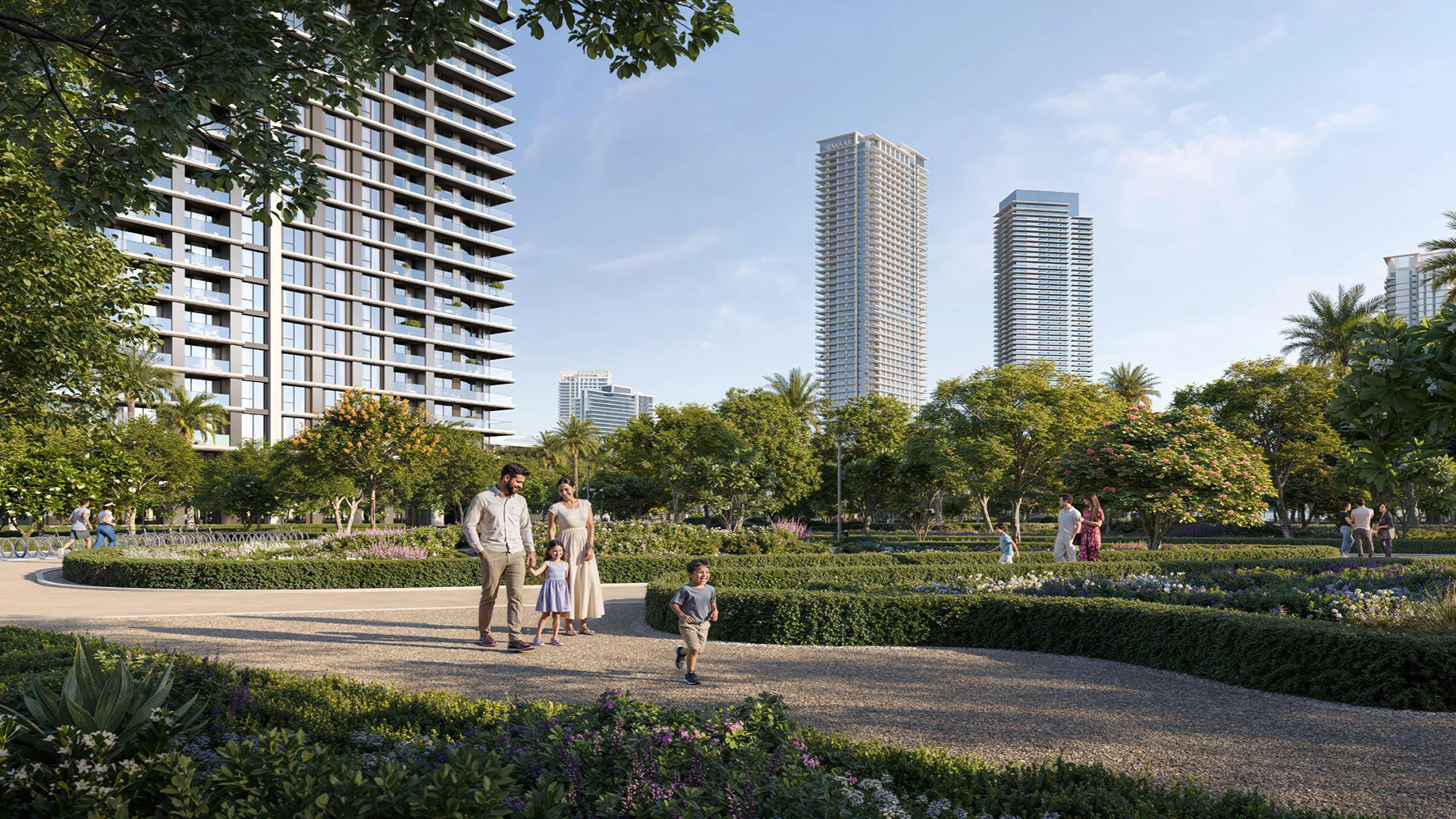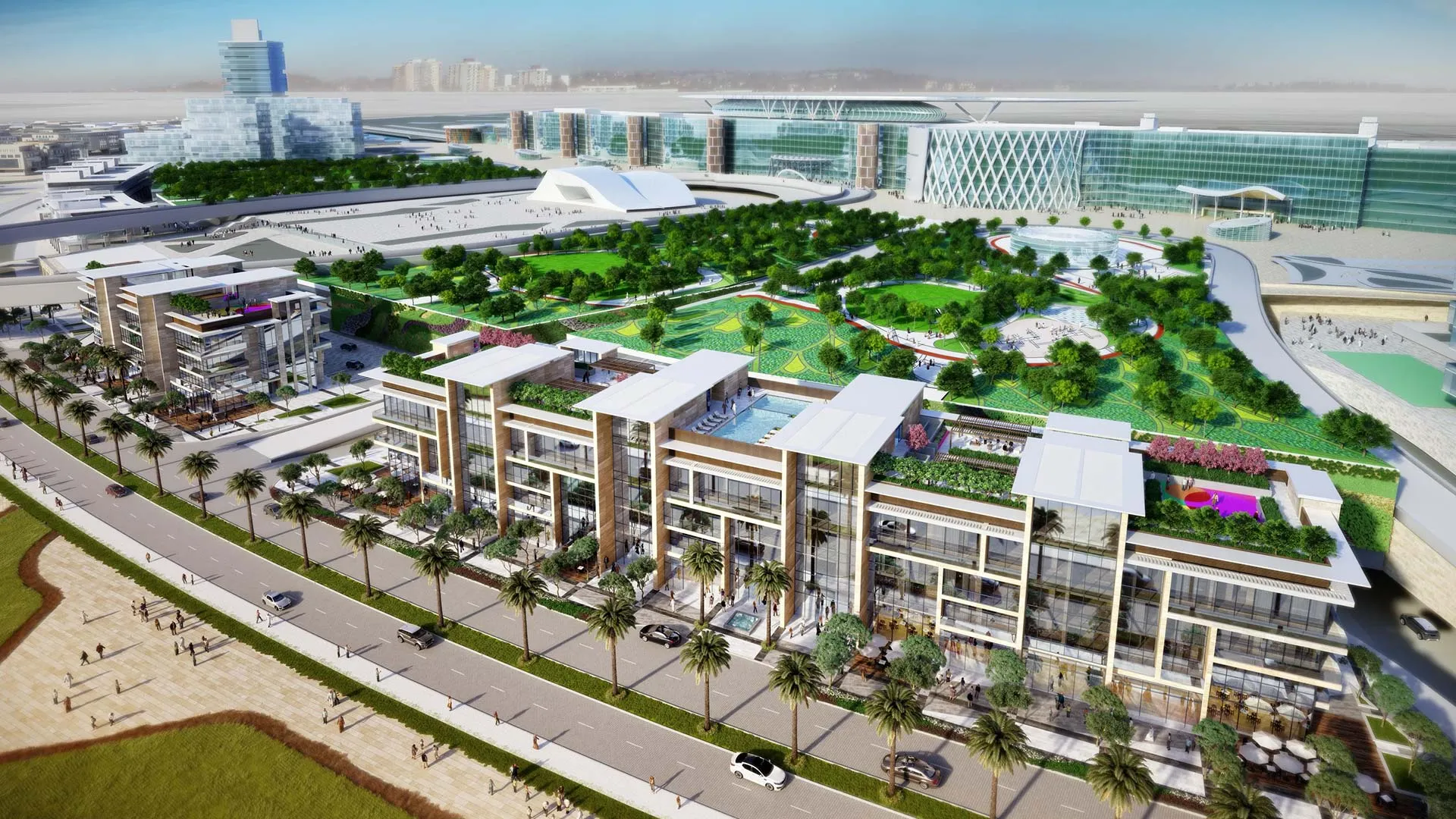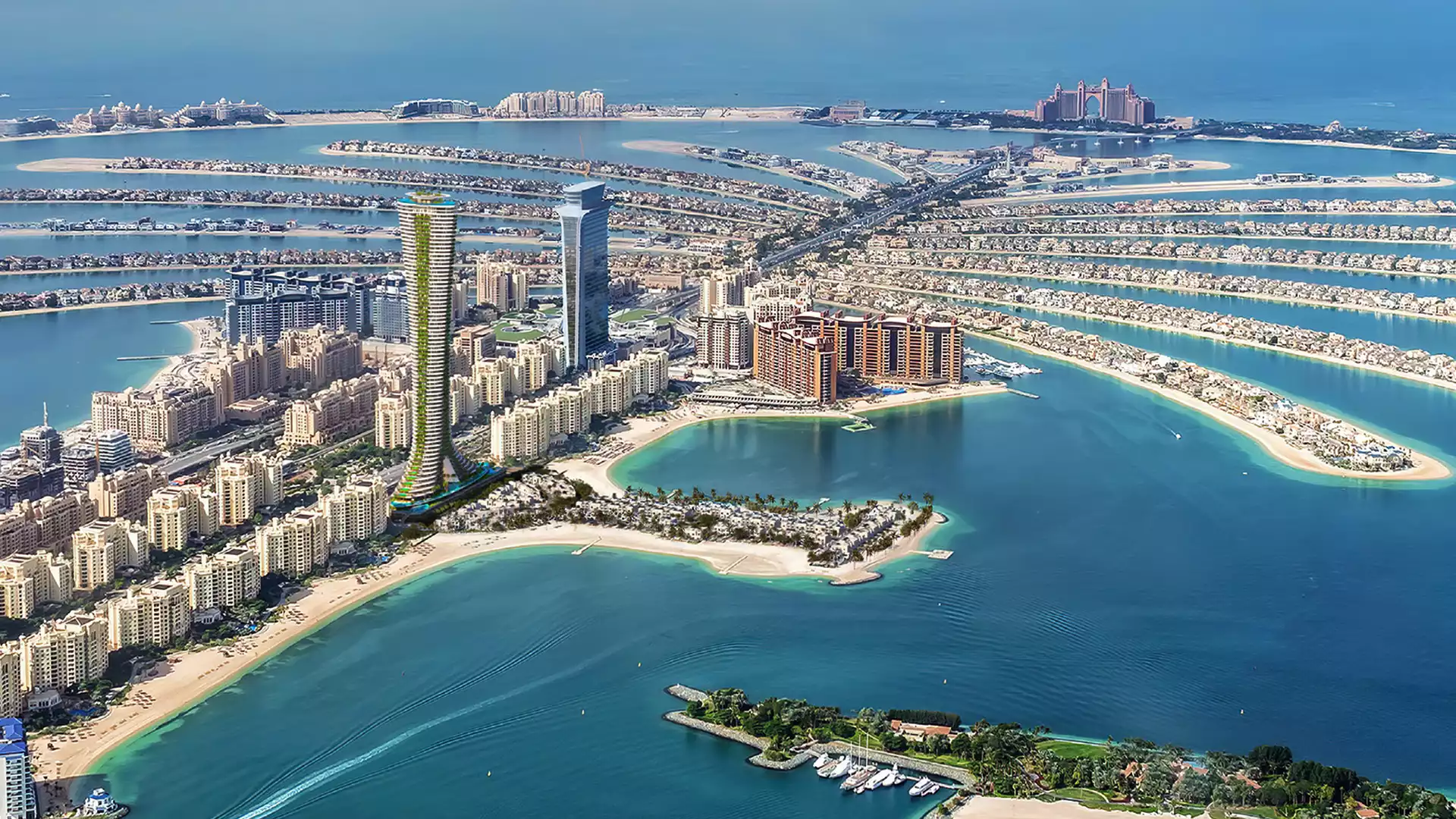

Views 890
Posted By Edge Realty
· Stable Investment Environment: Dubai’s real estate market is well-regulated, providing confidence to foreign investors.
· Ownership Opportunities for Expats: Freehold areas allow full property ownership for foreigners.
· Tax Benefits: Dubai offers a tax-free environment on property income and capital gains.
· World-Class Amenities: From luxury residences to iconic landmarks, Dubai offers an unmatched lifestyle.
· Ease of Residency: Property ownership can qualify foreign buyers for long-term visas, making relocation more convenient.
· Purpose: Are you buying for personal residence, rental income, or capital appreciation?
· Budget: Consider not just the property price but also associated costs like fees, maintenance, and taxes.
· Location: Dubai offers diverse neighborhoods, from bustling Downtown Dubai to serene Palm Jumeirah villas. Choose a location aligned with your lifestyle or investment strategy.
· Property Type: Apartments, villas, townhouses, and penthouses all come with different returns and management needs.
· Registration: All property transactions must be registered with the Dubai Land Department (DLD).
· Ownership Rights: Freehold ownership grants full rights, including selling, leasing, or passing the property to heirs.
· Legal Framework: Dubai’s Real Estate Regulatory Agency (RERA) regulates the market to ensure transparency and protect investors.
· Familiarizing yourself with these legal aspects ensures your purchase is secure and compliant.
· Research Developers: Opt for reputable developers with a strong track record, such as Emaar, DAMAC, or Sobha Realty.
· Inspect the Property: Even if you’re buying off-plan, request detailed layouts, 3D walkthroughs, and past project reviews.
· Consider Rental Yield: Areas like Dubai Marina or Business Bay tend to offer higher rental returns.
· Future Growth: Evaluate infrastructure plans and upcoming developments that could increase property value.
· Cash Payment: Simplest method, no reliance on banks or interest rates.
· Mortgage Financing: Many banks in Dubai offer mortgages to non-residents, usually covering up to 50-75% of the property value.
· Payment Plans: Developers often provide installment schemes for off-plan properties, making it easier to manage cash flow.
· Guiding you to the best properties that match your budget and goals.
· Negotiating prices with developers or sellers.
· Handling legal documentation and registration processes.
· Providing insight into market trends and future value.
· Verify Ownership: Ensure the property has a clean title and is free from legal disputes.
· Check Developer Credentials: Review previous projects, delivery timelines, and market reputation.
· Review Contracts: Understand all terms, including payment schedules, cancellation policies, and handover conditions.
· Seek Legal Advice: For added security, a lawyer can review agreements and ensure compliance with Dubai law.
· Pay the initial deposit (typically 10% of the property price).
· Sign the Memorandum of Understanding (MoU) or Sales and Purchase Agreement (SPA).
· Ensure all details are accurate, including payment schedule, property specifications, and handover date.
· At this stage, the property is officially reserved in your name, but registration is still required
· Hire a Property Manager: They handle tenant sourcing, rent collection, and maintenance.
· Calculate Service Fees: Monthly charges cover communal amenities and upkeep.
· Market Your Property: Platforms like Bayut and Property Finder can help attract tenants efficiently.

The first-ever homes in Dubai Design DistrictDesign Quarter at d3 by Meraas is a distinctive residential community that was created especially for con...

Dubai's Hidden Gems Dubai is frequently associated with opulence, towering skyscrapers, and lavish retail complexes. However, beyond the sparkle and...

Palm Jumeirah, Dubai, is renowned for its unparalleled luxury and allure. This remarkable man-made island hosts some of the world's most captivating a...